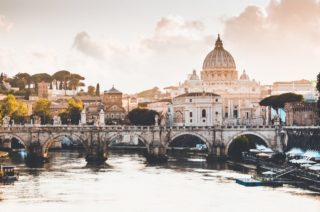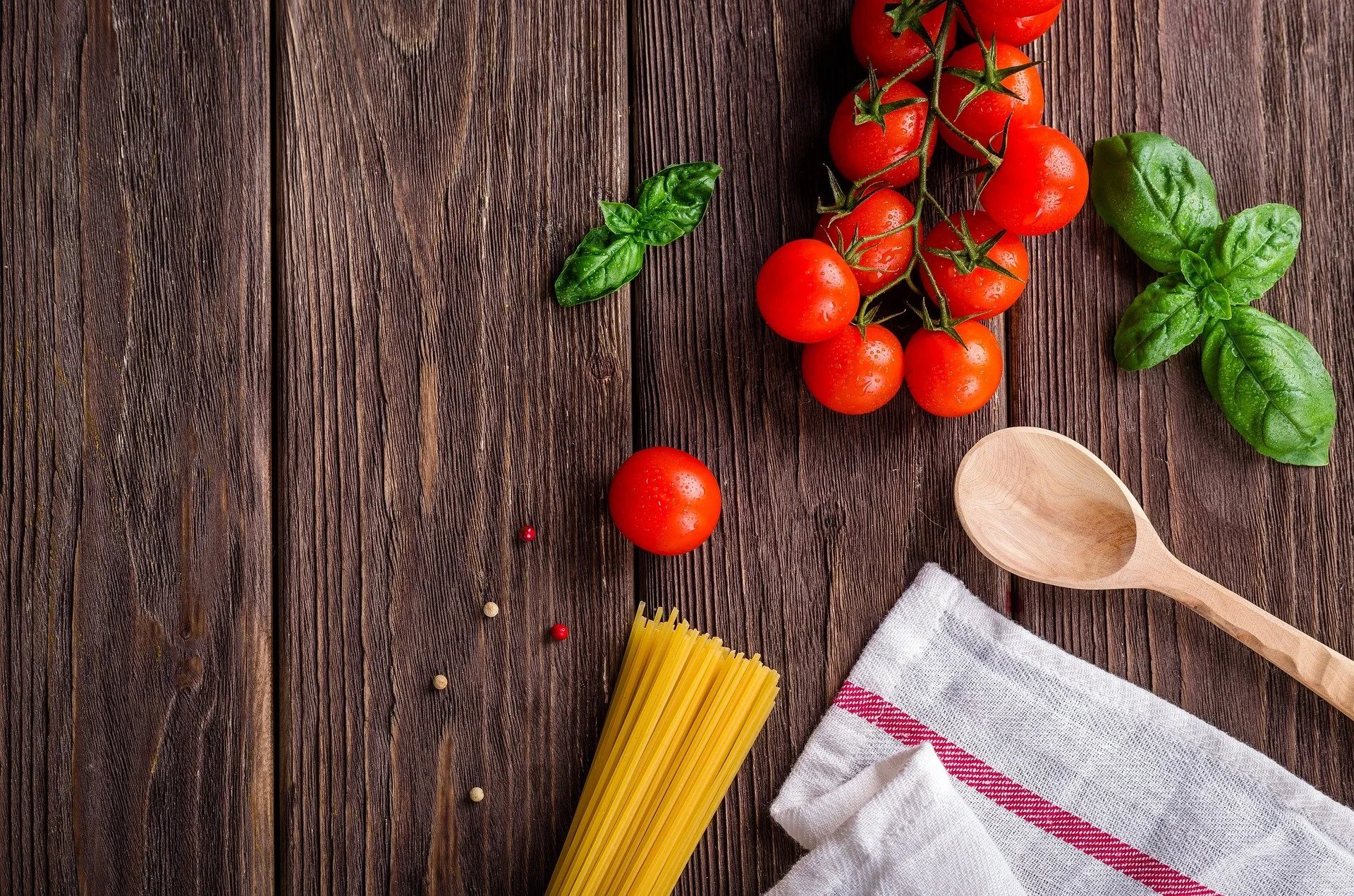According to the Bloomberg Global Health Index, Italians are the healthiest people in the world (1). Using data from the World Bank, the World Health Organization, and the United Nations Population Division, Bloomberg evaluated 163 countries. The authors of the study then looked at health risks such as high blood pressure, obesity, and tobacco use. They also examined causes of death, availability of clean water, malnutrition, and life expectancy.
Using these factors, each country was then given a rating out of 100. Italy scored the highest with a score of 93.11 and a life expectancy of over 80 years old. Which then begs the question, how do Italians manage to live such healthy lives for so long? More importantly, which Italian health lessons should we adopt to ensure both health and longevity?

Italians only eat whole foods
Italy has one of the lowest rates of obesity in the world and this can be credited to the country’s eating habits.
The Mediterranean diet is considered one of the healthiest diets in the world. A lot of Italian eating habits share similar components with this diet.
The common Italian diet is rich in whole, unrefined grains, fruits, vegetables, nuts, legumes, fish, and small amounts of red meat – all of which are usually prepared fresh, and very little is prepackaged or processed. When eating these foods, Italians get a healthy dose of vitamins, protein, antioxidants, and omega fatty acids. By ensuring that they simply eat well, Italians avoid counting calories and cheat days. Frankly, they don’t need to as everything they’re consuming is filling, flavorful and healthy.
![]()
Another dietary factor to note is that Italians consume pasta multiple times a week. While this may sound concerning, Italians enjoy everything in moderation, thus the servings of pasta are quite small portion sizes.
Italian dietary habits help to ensure heart health, whilst lowering the risk of obesity and other chronic diseases.
Moreover, when cooking, the Italians are sure to only use fresh ingredients. In fact, since February of last year, Italian restaurants have been banned from cooking with common food additives such as MSG and nitrates (2).
Italians eat slowly
![]()
When it comes to mindful eating practices, eating slowly is definitely one of them. For Italians, the purpose of a meal is not just to address hunger. Mealtimes are regarded as almost sacred. It’s a time dedicated to being spent with loved ones, savoring the nourishment prepared by people who understand food well – it’s about enjoyment and good company. You’ll be hard-pressed to find an Italian who is willing to eat at his or her desk, and especially in rural areas, many workers return home during lunchtime to enjoy a freshly-prepared meal.
According to a study published in the British Medical Journal, eating slowly can help to improve satiety, aid digestion, and encourage weight loss.
Italians have strong family and social bonds 
Italian families are extremely close, and they all do their best to have big family dinners.
These dinners help to forge and strengthen relationships. Aside from stronger family bonds, a meta-analysis revealed that strong social relationships can decrease the mortality rate and better emotional and mental health (3).
Italians drink a glass or two a day
For a lot of Italians, their first encounter with red wine happens in the kitchen.
In Italian cuisine, red wine is regularly used in recipes due to its ability to enhance flavor and taste. This is the same reason why you’ll find a glass of red wine accompanying most Italian meals. In fact, a lot of Italian children occasionally sip red wine mixed with water. Some mothers even use red wine to ease teething pain in toddlers.
While the consumption of alcohol does raise concerns, Italians make sure to only consume a glass or two a day. This then ensures that they’ll reap all the health benefits that come from drinking a glass a day.
Italians use extra-virgin olive oil – a lot.
A common staple of the Mediterranean diet, extra-virgin olive oil is not only the best-kept beauty secret, but it’s also an essential part of many Italian cuisines.
Rich in antioxidants and fatty acids, Italians use the oil for salads, pasta, dressings, baking, and cooked vegetables. The high nutrient content found in olive oil has been linked to decreasing the risk for Alzheimer’s, depression, heart disease, diabetes, and even osteoporosis (4,5,6).
Want to Know More?
As Italy is the healthiest country in the world, it contains one of the Blue Zones. Blue Zones are areas across the world that are virtually free of disease and are housing large numbers of agile and healthy centenarians – persons living beyond the age of 100. While you may not be able to visit these areas, click here to find out how you can create your own blue zone and live to 100.






![women [longevity live]](https://longevitylive.com/wp-content/uploads/2020/01/photo-of-women-walking-down-the-street-1116984-100x100.jpg)










4 Comments